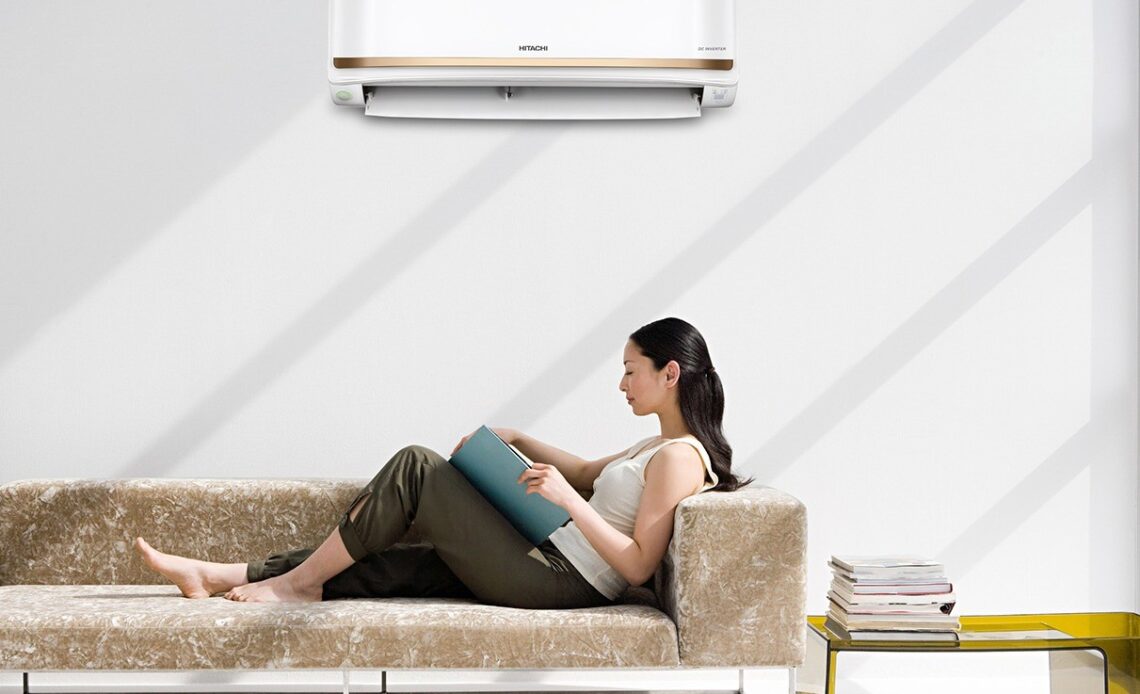Some suggestions to observe when deciding between a ducted air con device for Newcastle houses are as follows: to get a super size and potential for your property; this is critical in ensuring that you get the quality outcomes for your private home’s comfort and electricity use. Air conditioners that are either too large or too small will not heat and cool the rooms properly and will waste energy.
This blog will outline the decision-making criteria, including the room size, insulation, and the local climate. Following these steps, you can make an informed decision and choose a ducted air conditioning in Newcastle that perfectly meets your needs, enhancing your home’s comfort year-round.
1. Understanding Ducted Air Conditioning
Ducted air conditioning systems are integral to many modern homes, offering a discreet yet effective way to manage indoor climate. They work with the help of a system of one or more ducts in the ceiling or floor connected to the central unit.
The central unit cools or heats air and supplies it primarily in the house, making the temperature in various rooms or zones as uniform as possible.
One of the critical advantages of ducted systems is their ability to regulate temperatures in different rooms or zones, making them highly versatile for ensuring overall home comfort.
2. Assessing Your Home’s Requirements
The first step in choosing the right ducted air conditioning system is to assess your specific needs based on several key factors:
- Room Volume: The number of rooms to be conditioned is a number one consideration. Calculate the volume by multiplying each room’s length, width and height. This figure will help determine the capacity to heat or cool the space effectively.
- Insulation Quality: Homes with terrific insulation carry out better energy performance because they keep temperatures with much less effort from the air conditioning system. Evaluate the insulation in your walls, roof, and flooring to estimate how much it will impact your heating and cooling necessities.
- Window Size and Orientation: Windows can appreciably impact the weather manipulation needs of your property. Large windows or those facing the sun for most of the day might increase the heat load, requiring a more robust air conditioning system. Consider the size, type, and orientation of your windows.
- Occupancy and Usage: The number of people usually in the home and the heat output from appliances and electronics also affect the capacity requirements of your air conditioning system. More occupants or higher appliance use means more cooling or heating is necessary.
3. Calculating the Correct Size
The cooling and heating capacity of air conditioning systems is measured in kilowatts (kW). For an average-sized room, approximately 0.125 kW per square metre is needed. This estimation can vary significantly with different insulation levels, ceiling heights, and other environmental factors.
It’s critical to avoid approximations in this calculation. Engaging with a heating, ventilation, and air conditioning (HVAC) professional who can conduct detailed assessments and use precise calculations to determine the ideal capacity for your home is recommended.
4. Choosing the Right Model
With the capacity determined, the next step is selecting a ducted air conditioning system that matches your needs. Selecting a Maitland air conditioning system with a cooling capacity that precisely matches your needs is crucial.
A system that’s too large for your home will lead to increased initial costs and higher ongoing energy expenses due to inefficient cycling.
Meanwhile, a system that’s too small will struggle to adequately cool or heat your home, especially during peak conditions, and may wear out faster due to overworking.
5. Energy Efficiency
It is recommended that a ducted system be chosen, which would have a high energy efficiency rating and save the environment and money. Generally, devices with higher efficiency ratings save more energy by performing the same cooling or heating as the less efficient ones.
In Australia, customers should look for ducted air conditioning systems with a high star rating as outlined under the energy rating scheme provided by the Australian Government.
6. Professional Installation
The installation of the system strongly influences the operating effectiveness of ducted air conditioning systems. These installation problems result in inefficiencies, excessive use, which reduces the system’s lifespan, and premature failure.
Ensure you install the system with the help of a qualified technician or an experienced person. This will allow for the best performance and help preserve your warranty in case of some issues.
7. Regular Maintenance
Maintaining your ducted air conditioning system is as important as selecting and installing it. This includes air filter checking and cleaning, the duct system inspection for leakage, and the outdoor unit should not be constrained with anything.
Professional maintenance helps set up examinations and repair possible flaws that may lead to severe troubles no less than once a year.
Final Words
You can select a ducted air conditioning system that suits your Newcastle home by carefully considering the outlined steps and evaluating your needs. This thoughtful approach will enhance your comfort throughout the year, ensuring a pleasant indoor atmosphere regardless of the season and contributing to more efficient energy usage.
As a result, you can enjoy a cozy living space while effectively managing and keeping your energy costs under control. Investing time in this decision will lead to long-term satisfaction and peace of mind.

